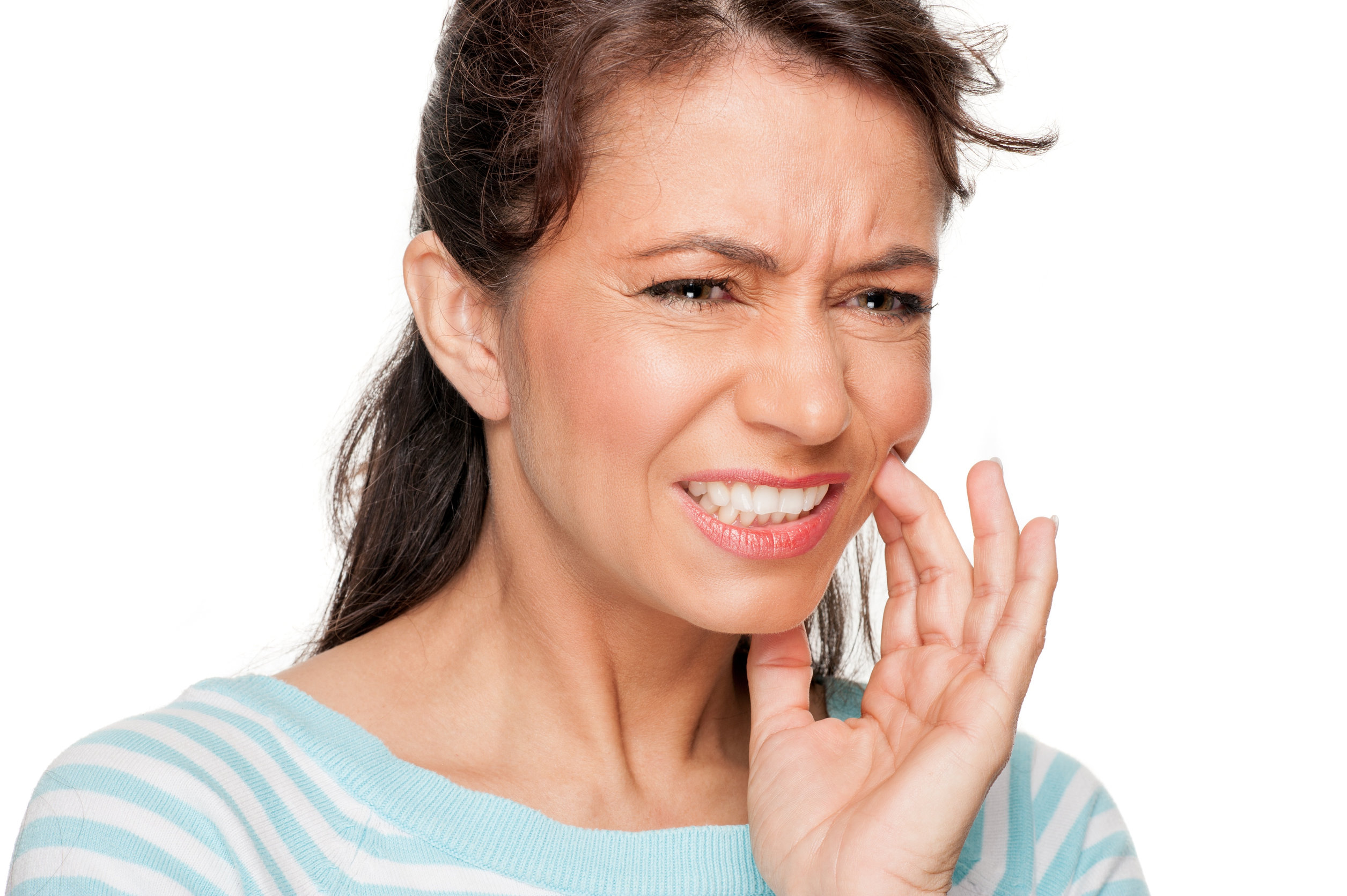5 Dentist-Approved Toothache Home Remedies

Summarize with AI
A bad toothache can make life miserable, especially when you can't get to the dentist. There are a few techniques you can use at home to reduce the intensity of oral pain. That said, some are better than others. Here are the top 5 proven toothache home remedies.
5 Dentist-Approved Toothache Home Remedies
While some at-home toothache treatments come with drawbacks, the following remedies have been shown to be more effective:
Saltwater Treatment
Saltwater can help loosen debris, clean out infections and provide temporary pain relief.
- How to Do it: Swish a small amount of saline solution or salt water in your mouth for about 30 seconds. Repeat one to two times.
Hot and Cold Packs
Each can reduce pain, while cold packs can also reduce swelling.
- How to Do it: You can make a hot pack by putting rice in a sock and closing one end with a knot. You can then microwave the sock, being careful not to heat it too much. There are a lot of different ways to make a cold pack; however, it's usually easier to use a frozen bag of peas or corn.
Acupressure
There is some evidence that acupressure can provide temporary relief from tooth pain by triggering the release of endorphins.
- How to Do it: There are key points throughout the body that are thought to be associated with tooth and jaw pain. If you want to try acupressure for your tooth pain, you will need to do some research, so you better understand where to focus your attention.
Peppermint Tea Bags
Peppermint has mild numbing properties that are similar to those of cloves.
- How to Do it: Generally considered safe, peppermint tea bags can ease pain for a short time. It's best to cool the bags in the freezer for a couple of minutes.
OTC Pain Relievers
These work by interfering with the chemical messengers that transmit pain signals.
- How to Do it: While adults can take any over-the-counter pain medication, dentists suggest acetaminophen for children. You should never take any type of over-the-counter pain medication if you've recently drunk alcohol since this can cause stomach bleeding or liver damage.
5 Other Popular Toothache Home Remedies (That We Don't Recommend)
While they may provide some amount of pain relief, many popular home remedies come with some serious drawbacks. Before you use any of the following, make sure you understand the limitations and risks.
Clove Oil
Because they contain the natural anesthetic, eugenol, cloves can slightly numb pain.
- Does it Work? Although clove oil can take the edge off tooth pain, the effects are short-lived. Cloves can also irritate the tongue and other sensitive areas of the mouth.
Hydrogen Peroxide Rinse
Generally used as a cleansing aid, hydrogen peroxide is often touted as a remedy for toothaches.
- Does it Work? While hydrogen peroxide might provide temporary relief, it can cause stomach or intestinal problems if accidentally ingested. It can also burn the mouth if you don't dilute it with enough water.
Bourbon-Soaked Cotton Balls
Like most alcohols, bourbon has mild numbing properties.
- Does it Work? Any positive effects will only be temporary, and no type of alcohol should ever be used to soothe a child's toothache.
Garlic
Garlic has antimicrobial properties, and some people say it helps with tooth pain.
- Does it Work? It may offer some relief, depending on the location of your tooth pain. That said, the effects will be quite mild.
Vanilla Extract
Because it contains alcohol, vanilla extract is believed to soothe and relax someone suffering from tooth pain.
- Does it Work? If it provides any relief, the effects will be temporary. It should also not be used with children, due to its alcohol content.
What Is a Good Toothache Home Remedy for Pain?
While some at-home toothache treatments come with drawbacks, the following remedies have been shown to be more effective:
Saltwater Treatment
Saltwater can help loosen debris, clean out infections and provide temporary pain relief.
- How to Do it: Swish a small amount of saline solution or salt water in your mouth for about 30 seconds. Repeat one to two times.
Hot and Cold Packs
Each can reduce pain, while cold packs can also reduce swelling.
- How to Do it: You can make a hot pack by putting rice in a sock and closing one end with a knot. You can then microwave the sock, being careful not to heat it too much. There are a lot of different ways to make a cold pack; however, it's usually easier to use a frozen bag of peas or corn.
Acupressure
There is some evidence that acupressure can provide temporary relief from tooth pain by triggering the release of endorphins.
- How to Do it: There are key points throughout the body that are thought to be associated with tooth and jaw pain. If you want to try acupressure for your tooth pain, you will need to do some research, so you better understand where to focus your attention.
Peppermint Tea Bags
Peppermint has mild numbing properties that are similar to those of cloves.
- How to Do it: Generally considered safe, peppermint tea bags can ease pain for a short time. It's best to cool the bags in the freezer for a couple of minutes.
OTC Pain Relievers
These work by interfering with the chemical messengers that transmit pain signals.
- How to Do it: While adults can take any over-the-counter pain medication, dentists suggest acetaminophen for children. You should never take any type of over-the-counter pain medication if you've recently drunk alcohol, since this can cause stomach bleeding or liver damage.
How to Get Rid of a Toothache
While home remedies might reduce the intensity of a toothache, they won't eliminate the underlying cause. If your toothache is caused by a dental problem, forget the home remedies and visit your local dentist. If it is the result of a dental procedure, call your dentist if the pain intensifies or persists for more than two days.

.png)
